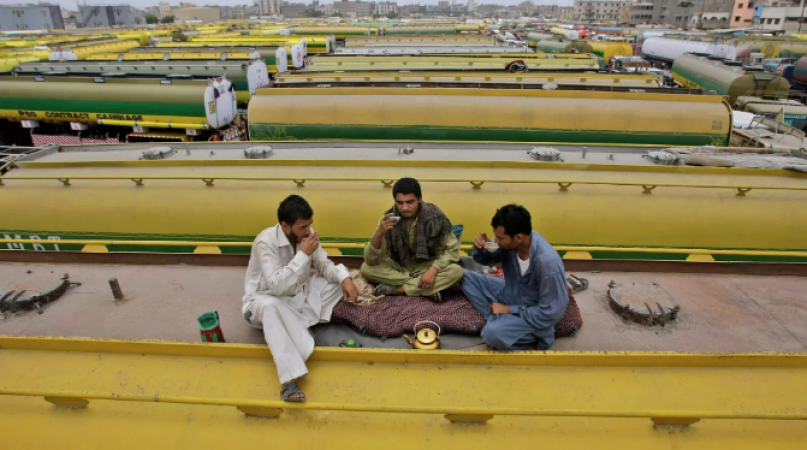
ISLAMABAD: Delhi's oil purchases from Moscow have increased from 2% to 14% of total imports since February, according to India's finance minister. The minister said India's "inflation-management" plan in the light of high global prices includes importing crude oil from Russia.
Pakistan's Finance Minister Ishaq Dar has claimed that Islamabad is ready to buy Russian Ural grade crude at the same concessional rate that Moscow is offering it to New Delhi.
He made the remarks at a news conference in Washington (IMF), after a four-day visit to the US to attend the annual meetings of the World Bank and the International Monetary Fund.
Also Read: Crude oil price hike to weaken Indian Oil Cos if net realisation doesn’t go up: Moody’s
Dar has consistently argued in favor of importing Russian crude. Last month, he stressed the need to "campaign" with the West to ensure that India receives "equal treatment" with respect to Russian crude imports.
The minister claims that a discount of 20-30% on buying crude oil from Russia will help Pakistan's flood-damaged economy.
The minister said his country currently needs about $16 billion to fund relief and rehabilitation efforts.
Also Read: Saudi Arabia responds to US criticism of OPEC+ cuts: "We don't use oil as a weapon"
Both the International Monetary Fund (IMF) and the World Bank revised their growth projections for Pakistan ahead of the most recent statements made by Pakistan's Federal Finance Minister.
The IMF last week issued a warning in its World Economic Outlook (WEO) report titled Countering the Cost-of-Living Crisis that GDP growth could fall to 2.7% in 2023. The report did not take into account the economic impact of the floods.
Also Read: Oil prices are down about 3% as a result of recession fears
Consumer inflation in Pakistan has spiraled out of control; It rose for six straight months before hitting a high of 27% in August compared to August 2021.
According to the World Bank, inflation in Pakistan is projected to average 23% in FY2023. This is largely due to high energy prices resulting from flood-related disruptions in the supply of food and other necessities, as well as Western governments' efforts to reduce their reliance on Russian energy exports.
When the two met during the Shanghai Cooperation Organization (SCO) summit in Samarkand last month, Prime Minister Shahbaz Sharif reportedly raised the subject.